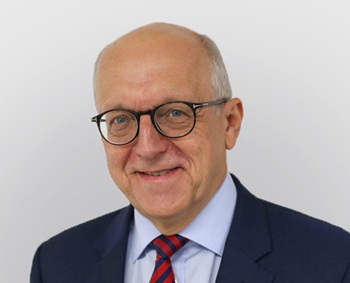Myths, mysteries and misconceptions: vasectomy reversals
21 November 2019
What should I expect from my consultation?
A man wishing to have a vasectomy reversal should be accompanied by his female partner for an initial consultation. The aim of a vasectomy reversal is for a couple to have a child. As the conception is dependent on male and female factors, there is a need for a clinical assessment of the fertility of both partners. There are circumstances where a vasectomy reversal is surgically feasible but should not be undertaken due to female fertility factors associated with a low chance of spontaneous pregnancy.
If in doubt, a female should be assessed by a gynaecologist with a special interest in fertility prior to a man undergoing a vasectomy reversal. In some cases, surgical sperm retrieval (which is almost 100% successful in post-vasectomy patients) might be more appropriate when a chance of pregnancy is higher with ICSI (intracytoplasmic sperm injection) than penetrative intercourse.
What are the chances of success?
The chances of the treatment being successful depends on many factors with a time interval from the original vasectomy being most important. The return of sperm in seminal fluid is also to be considered as well.
Vasectomy reversals may fail in the subsequent months following a successful surgery. All men with successful treatment should consider using a sperm bank and this should be discussed at the initial consultation.
What can I expect after surgery
Swelling of the scrotal sac with bruising is common in the first few weeks. Pain is usually well controlled by common pain killers. Some patients may experience a higher position of testis/es, scrotal skin numbness and, very occasionally, chronic pain due to sperm granulomas. All patients should avoid strenuous physical exercise including penetrative intercourse in the first four weeks following surgery.
When would I know whether the operation has been successful?
It takes about 75 days for a full sperm cycle and therefore seminal fluid analysis should be done in 10 - 12 weeks after surgery.
Meet the consultant
Mr Karol Rogawski has been a Consultant Urologist since 1995. Having qualified in Poland at Pomeranian Medical Academy in Szczecin, his entire post-graduate training was undertaken at Johannesburg Teaching Hospitals and Leeds Teaching Hospitals. He has been a trainer in Urology for a number of years and has been a faculty member at the yearly Urology Simulation Boot Camp in Leeds since 2015.


